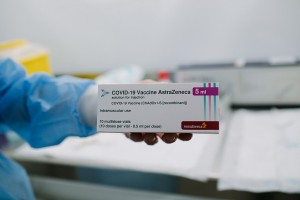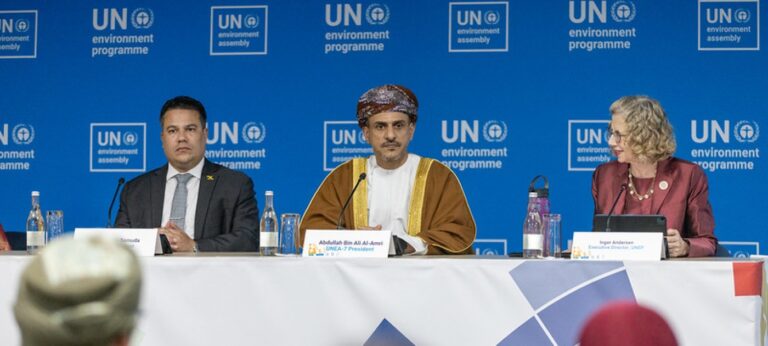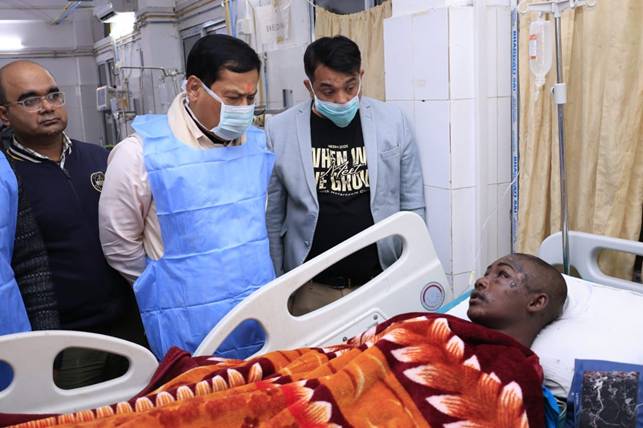
Geneva: In its revised interim recommendations for use of AstraZeneca COVID-19 Vaccines (AstraZeneca COVID-19 vaccine AZD1222, SII Covishield, SK Bioscience), the Strategic Advisory Group of Experts (SAGE) has stated people who have an anaphylactic reaction following the first dose of this vaccine should not receive a second dose of the same vaccine, the World Health Organisation stated here today. The interim guidance was first issued February 10, 2021.
“More data have been obtained on the effectiveness of the vaccines in different population groups, such as older adults, making the evidence base more robust…A history of anaphylaxis to any component of the vaccine is a contraindication to vaccination,” it added.
Also read:
- AstraZeneca vaccine is 100% effective in preventing hospitalization and death, says WHO
- “Available data do not suggest any overall increase in clotting conditions following administration of AstraZeneca COVID-19 vaccine”
Referring to the “very rare” syndrome of blood clotting combined with low platelet counts, described as thrombosis with thrombocytopenia syndrome (TTS), that has been reported around 4 to 20 days following vaccination with the AstraZeneca vaccines, SAGE said the biological mechanism for this syndrome is still being investigated.
“It is currently unknown whether there is a risk of TTS following the second dose. As data from additional studies become available, enabling better understanding of the pathophysiology of TTS and its relationship to the vaccine, recommendations on vaccination will be updated, if appropriate. People who have had blood clots associated with low platelet levels (TTS) after their first dose of should not be given their second dose.”
The expert group though explained that a causal relationship between the vaccine and TTS is considered plausible.
Most of these cases were reported from the United Kingdom and the European Union (EU), and the expert group stated that there was considerable geographic variation with regards to the reported incidence, with very few cases reported from non-European countries, despite extensive use of the vaccine in these countries – “An estimation of the risk outside Europe needs further data collection and analysis. Data from the United Kingdom (31 March 2021) suggest the risk of TTS is approximately 4 cases per 1 million (1 case per 250 000) vaccinated adults, while the rate is estimated to be approximately 1 case per 100 000 in the EU. Current data from Europe suggest that the risk may be higher in younger adults compared with older adults; no specific risk factors have yet been identified.”
The WHO reiterated that in countries with ongoing SARS-CoV-2 transmission, the benefit of vaccination in protecting against COVID-19 far outweighs the risks. However, it added that benefit–risk assessments may differ from country to country, and countries should consider their epidemiological situation, individual and population-level risks, availability of other vaccines, and alternate options for risk mitigation. “The benefit–risk ratio is greatest in older age groups as the risk of severe COVID-19 disease outcomes including COVID-19 related thromboembolic events increases with age, the SAGE said.
On precautions, the expert group recommended that all AstraZeneca COVID-19 vaccines (ChAdOx1-S [recombinant] vaccine) should be given under health care supervision, with the appropriate medical treatment available in case of allergic reactions. As for any other vaccine, an observation period of 15 minutes after vaccination should be ensured.
– global bihari bureau





